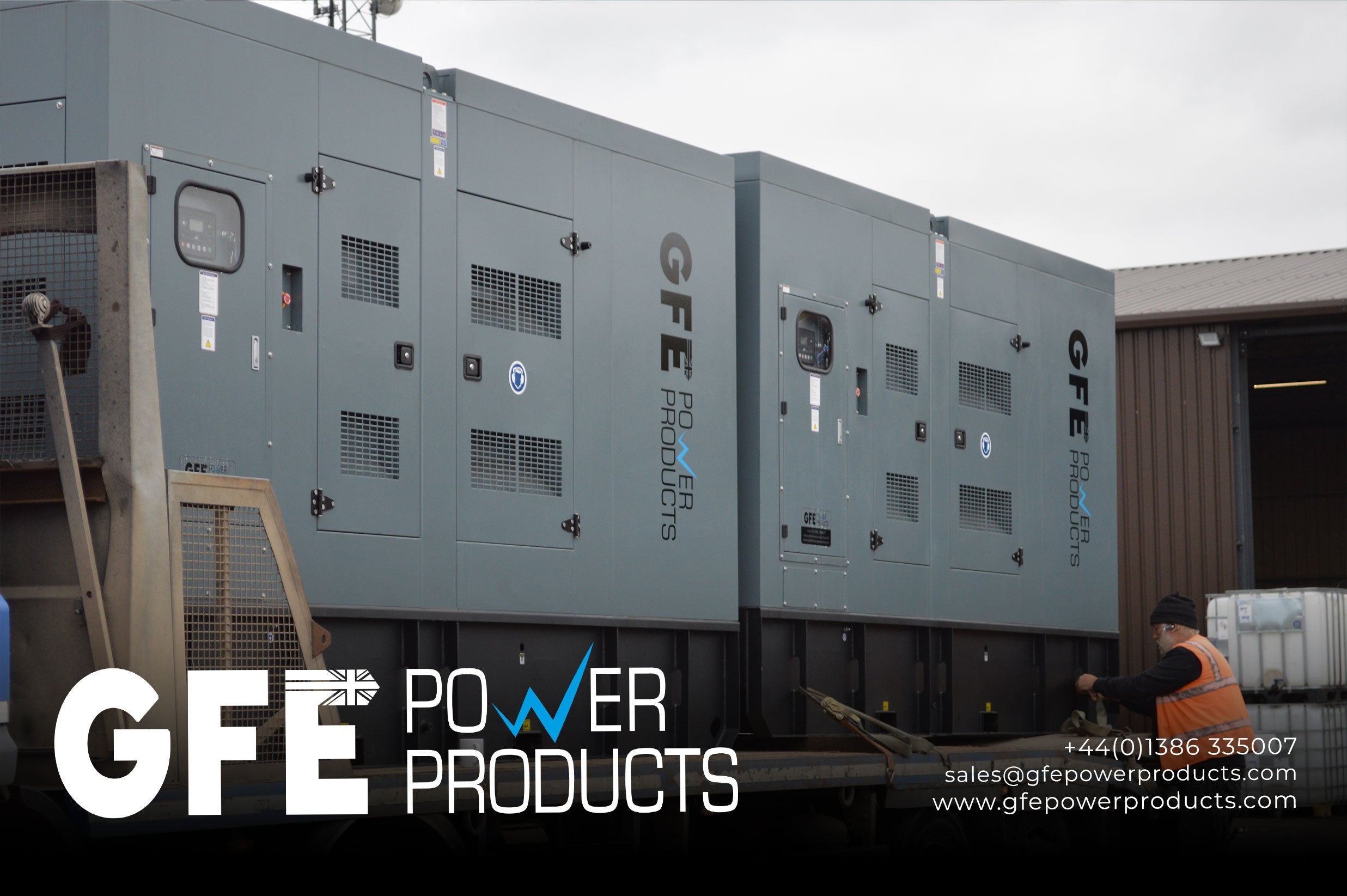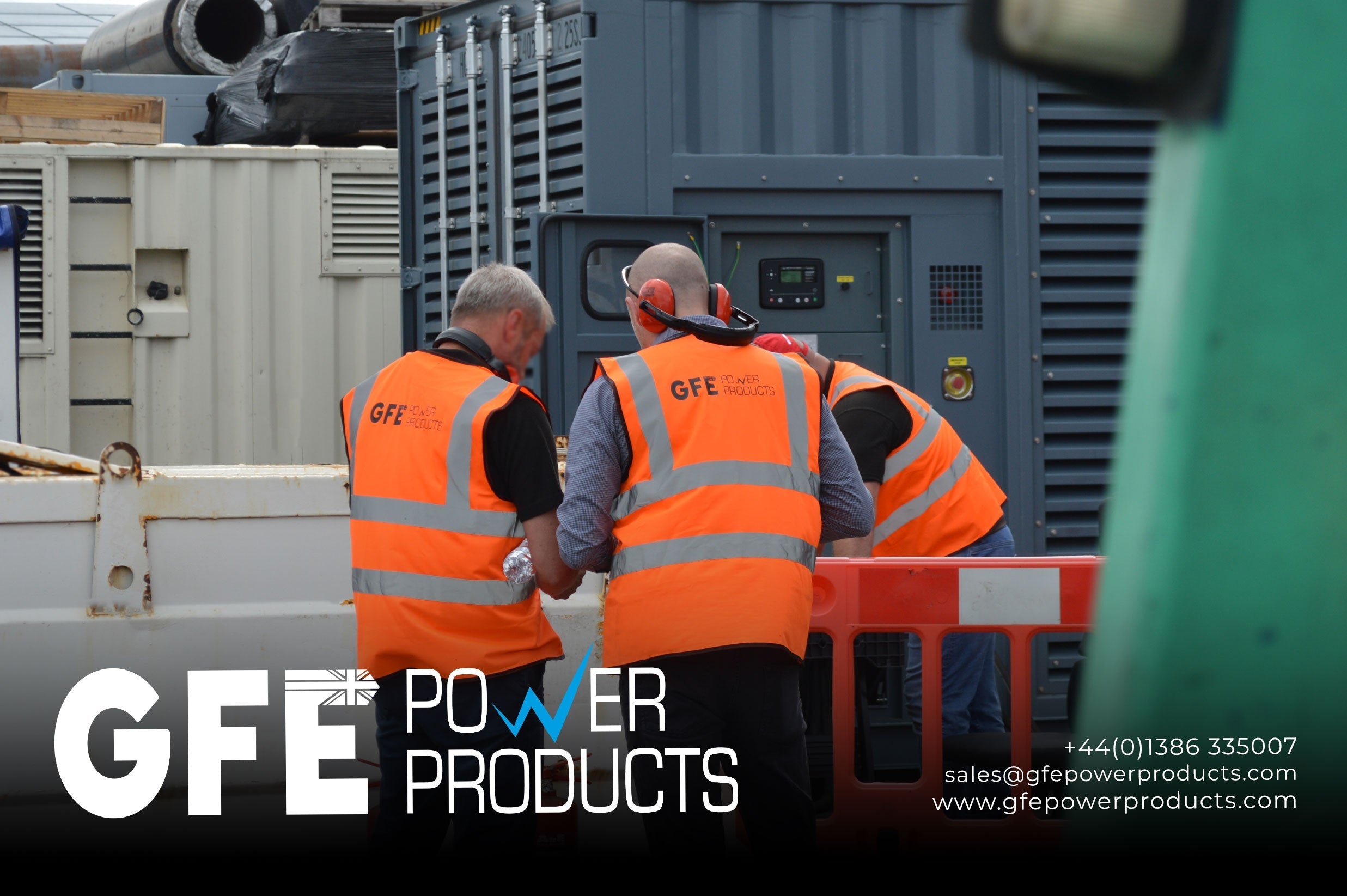
Can a Backup Generator Lower Insurance Costs for Your Business?
When running a business, minimising risks and controlling expenses are always top priorities. While many owners invest in fire alarms, security systems, and cyber security, one area that often gets overlooked is power reliability. Power cuts do not just disrupt operations; they can also impact your bottom line in more ways than one.
What many business owners do not realise is that a backup generator is not just about keeping the lights on, it could also reduce your insurance costs. By protecting your operations, stock, and employees, generators lower your overall risk profile, which can make insurers more willing to offer discounts or favourable coverage.
The True Cost of Power Cuts
Before we look at insurance, it is important to understand the risks that power cuts pose:
- Operational downtime - Every hour without power can mean lost sales, halted production, or reduced productivity.
- Spoiled goods or equipment damage - For businesses in food service, healthcare, or manufacturing, power cuts can lead to costly waste or damage.
- Safety risks - A dark facility can lead to accidents, liability claims, or even theft.
Insurance may cover some losses, but pay-outs are rarely immediate, and they do not always cover every cost. Having a generator in place prevents many of these risks from occurring in the first place.
Why Insurance Companies Care About Backup Power
Insurance providers calculate premiums based on risk exposure. If your business is better prepared to prevent losses, you may be seen as a lower risk to insure. Backup generators fall into the same category as fire suppression systems or security cameras, preventative measures that reduce the likelihood of a costly claim.
Here is how insurers may look at it:
- Reduced downtime claims - With a generator, your operations can continue, reducing the need to file a business interruption claim.
- Lower risk of spoilage or equipment damage - Generators protect perishable stock and sensitive machinery; minimising losses insurers might otherwise need to cover.
- Improved safety and liability protection - Well-lit, powered facilities are less prone to accidents and theft, both of which can drive up liability claims.
Depending on your provider, these risk reductions could translate into lower premiums, discounts, or more favourable coverage terms.
Industries That Benefit Most From Backup Generators
While nearly any business can benefit from a backup generator, certain industries are especially attractive to insurers when backup power is in place:
- Healthcare facilities - Clinics, nursing homes, and hospitals require continuous power for patient safety. Generators help meet regulatory compliance and reduce liability.
- Restaurants and grocery stores - With refrigeration critical to operations, a generator prevents food spoilage and health hazards.
- Manufacturing and industrial operations - Generators keep machines running and avoid costly production delays.
- Financial institutions - Banks and data centres protect sensitive information and maintain customer trust with uninterrupted operations.
If your business falls into one of these categories, your insurer may be even more likely to reward your investment in backup power.
A Generator as an Investment, Not Just a Cost
It is easy to see a commercial generator as a large upfront expense, but it is an investment with multiple payoffs:
- Continuity of service - Customers and clients appreciate reliability.
- Reduced financial losses - Less waste, less downtime, and fewer liability risks.
- Insurance savings - Potentially lower premiums and fewer claims filed.
- Peace of mind - Knowing your business will not grind to a halt during the next storm or grid failure.
Over the lifespan of a generator, the savings on operational losses and insurance premiums can easily outweigh the initial cost.
How to Talk to Your Insurance Provider
If you have already invested in a backup generator or are planning to, here are steps to make sure you maximise potential savings:
- Document your system - Keep receipts, service records, and installation details to show your insurer that your generator is professionally installed and maintained.
- Highlight risk reduction - Be prepared to explain how your generator reduces risks specific to your industry.
- Ask about discounts - Some insurers have explicit discounts for backup power, while others may offer tailored reductions.
- Review your policy annually - As your risk profile changes, your premiums should reflect that.
Even if the premium reduction is not significant, the added protection still translates into long-term cost savings.
Why Choose GFE Power Products?
At GFE Power Products, we understand that every business has unique power needs. That is why we offer a wide range of commercial and industrial generators, automatic transfer switches, fuel tanks and power solutions designed to keep your operations running, whatever the circumstances.
Our team of experts will help you:
- Select the right generator for your industry and facility size.
- Ensure proper installation and compliance with insurance and safety standards.
- Provide ongoing service and support so your investment delivers maximum value.
When you choose GFE, you are not just buying a generator, you are securing the future of your business.
While every insurance company operates differently, one thing is clear: a backup generator reduces risk. By preventing downtime, protecting assets, and enhancing safety, it makes your business a safer bet for insurers, and that can lead to lower costs.
Whether or not your provider offers immediate discounts, the operational savings and peace of mind a generator provides are invaluable.
Ready to Protect Your Business and Cut Costs?
Contact GFE Power Products today to learn how we can power your business with confidence.
Phone: +44 (0)1386 335007
Email: sales@gfepowerproducts.com


